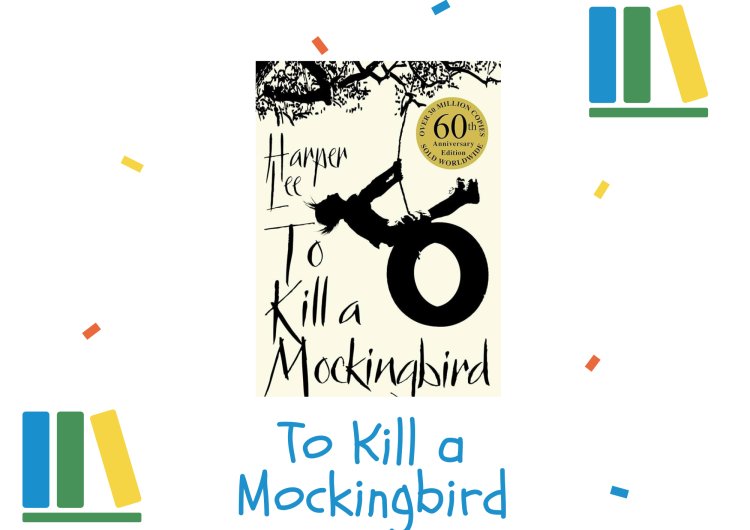To Kill a Mockingbird: Timeless Classic Explored
To Kill a Mockingbird: Journey through Harper Lee's masterpiece, navigating timeless themes and characters that resonate with profound social commentary. Immerse yourself in this classic exploration of morality and racial injustice.

"To Kill a Mockingbird" is a literary masterpiece that has withstood the test of time, captivating readers across generations. Written by Harper Lee, this iconic novel has left an indelible mark on literature, addressing profound social issues and human complexities. In this SEO-friendly article, we delve into the intricacies of "To Kill a Mockingbird," exploring its themes, characters, and enduring relevance.
-
Understanding the Plot:
At the heart of "To Kill a Mockingbird" is a gripping narrative set in the racially charged American South during the 1930s. The story revolves around Scout Finch, her brother Jem, and their father, Atticus Finch. The Finch family becomes embroiled in the trial of Tom Robinson, a black man unjustly accused of assaulting a white woman. The novel artfully weaves together themes of racial injustice, moral growth, and the loss of innocence. -
Characters that Resonate:
Harper Lee creates a cast of unforgettable characters that resonate with readers. Scout's innocence and curiosity provide a lens through which we view the social complexities of Maycomb. Atticus Finch, a principled lawyer and father, stands as a symbol of moral integrity. The mysterious Boo Radley adds an element of suspense, while characters like Calpurnia and Tom Robinson contribute to the novel's exploration of racial injustice. -
Themes Explored:
"To Kill a Mockingbird" tackles profound themes that remain relevant today. The novel confronts racism, inequality, and the moral consequences of prejudice. It challenges readers to reflect on societal norms and personal biases, encouraging empathy and understanding. The title itself alludes to the symbolism of innocence and the senseless destruction of something pure and harmless. -
Literary Significance:
The novel's literary brilliance lies in Harper Lee's ability to merge social commentary with compelling storytelling. The narrative structure, characterized by Scout's retrospective voice, enhances the impact of the events. Lee's exploration of the human condition, moral ambiguity, and the consequences of blind conformity elevates "To Kill a Mockingbird" to a timeless work of art. -
Educational Value:
"To Kill a Mockingbird" has become a staple in school curricula, serving as a catalyst for discussions on racial prejudice, morality, and societal norms. Its enduring educational value lies in its capacity to engage students in critical thinking, fostering a deeper understanding of historical and contemporary social issues.
"To Kill a Mockingbird" is more than just a novel; it is a literary gem that continues to captivate readers and inspire meaningful conversations. Its exploration of justice, morality, and the human experience makes it a perennial favorite. As we navigate the complex tapestry of Harper Lee's narrative, we find ourselves not only entertained but enriched by the enduring wisdom embedded in this classic work.
What's Your Reaction?








































































































